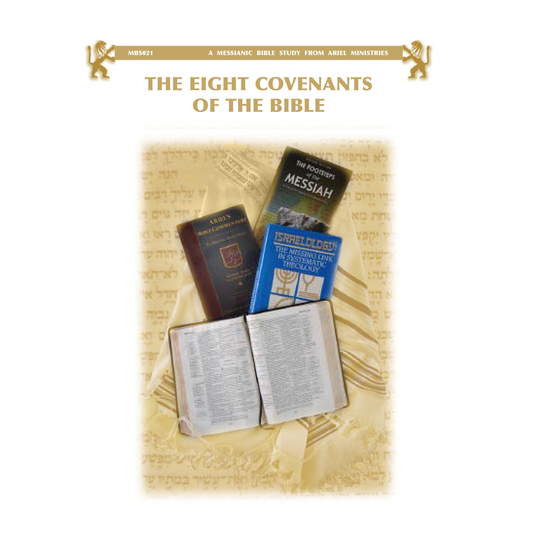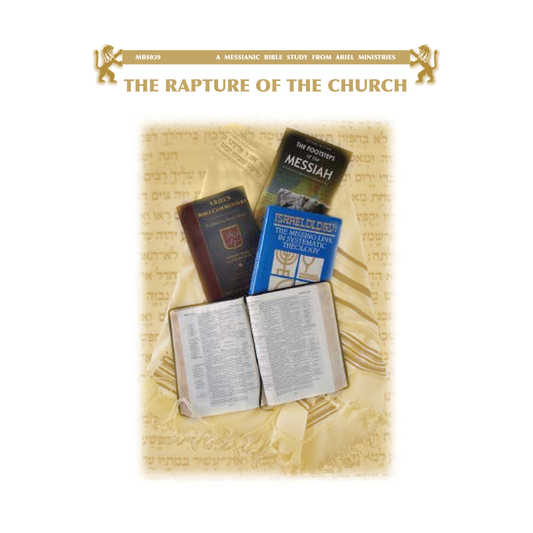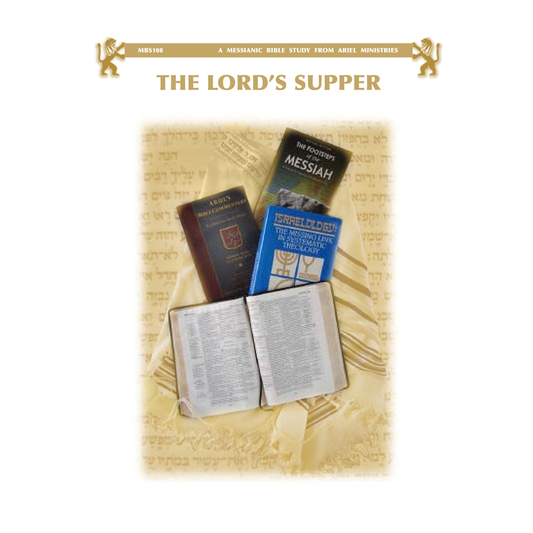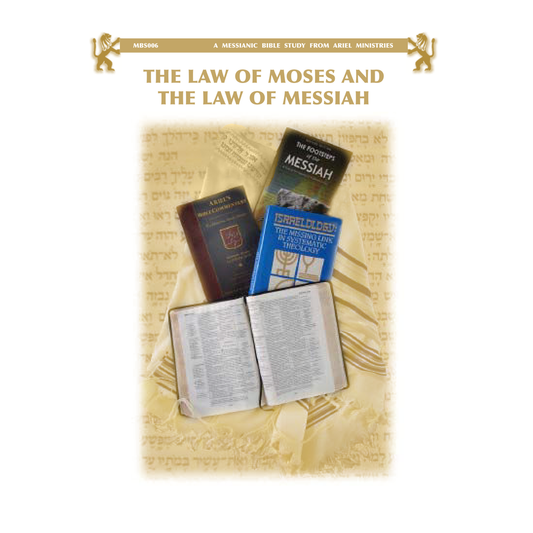Jewishness: Who is a Jew?
We come then to the issue of who is a Jew. There are few topics in the Jewish world that have been more debated than this one. To this day, there is no consistent definition.
1. A Public Opinion Poll
A public opinion poll was conducted in order to try to determine what the definition of a Jew would be as Jewish people understood it. Fifteen hundred Jewish families were canvassed with the following results:
12% declared that a Jew is a person whose father or mother is Jewish or who has a Jewish spouse.
23% claimed that a Jew is a person who considers himself a Jew.
19% held that a man born to a Jewish mother or who converts to Judaism is a Jew.
13% said a Jew is one who lives in Israel or who identifies with the Jewish State.
13% stated that a Jew is one who observes the Jewish religious practices.
11% answered that a Jew is one who is raised and educated as a Jew.
9% said they could not define it.
These results were recorded in the Jerusalem Post of November 25, 1968. Of the definitions listed, only one excludes the Messianic Jew, but at the same time, it also excludes a large number of other Jews who do not observe Jewish religious practices. The other five definitions would by no means rule out the Messianic Jew.
2. The Hebrew Christian or Messianic Jewish Definition
The Messianic Jewish definition has an objective standard; it goes back to the very source of Jewishness, the Scriptures. The further any definition departs from the Scriptures, the foggier it gets. The Messianic Jew is forced to define Jewishness in the biblical sense of the term, for to him, the Scriptures are the source of authority. Hence, the Messianic Jewish definition can also be called the biblical definition.
The biblical basis for defining Jewishness lies in the Abrahamic Covenant in Genesis 12:1–3: Now Jehovah said unto Abram, Get you out of your country, and from your kindred, and from your father’s house, unto the land that I will show you: and I will make of you a great nation, and I will bless you, and make your name great; and be you a blessing; and I will bless them that bless you, and him that curses you will I curse: and in you shall all the families of the earth be blessed.
It is further described in two other passages.
Genesis 13:15–16: for all the land which you see, to you will I give it, and to your seed for ever. And I will make your seed as the dust of the earth: So that if a man can number the dust of the earth, then may your seed also be numbered.
Genesis 15:4–5: And, behold, the word of Jehovah came unto him, saying, This man shall not be your heir; But he that shall come forth out of your own bowels shall be your heir. And he brought him forth abroad, and said, Look now toward heaven, and number the stars, if you be able to number them: and he said unto him, So shall your seed be.
Later, the Abrahamic Covenant is confirmed through Isaac in Genesis 26:2–5: And Jehovah appeared unto him, and said, Go not down into Egypt. Dwell in the land which I shall tell you of. Sojourn in this land, and I will be with you, and will bless you. For unto you, and unto your seed, I will give all these lands, and I will establish the oath which I sware unto Abraham your father. And I will multiply your seed as the stars of heaven, and will give unto your seed all these lands. And in your seed shall all the nations of the earth be blessed. Because that Abraham obeyed my voice, and kept my charge, my commandments, my statutes, and my laws.
Verse 24 states: And Jehovah appeared unto him the same night, and said, I am the God of Abraham your father. Fear not, for I am with you, and will bless you, and multiply your seed for my servant Abraham’s sake.
After Isaac, it is reconfirmed through Jacob in Genesis 28:13–15: And, behold, Jehovah stood above it, and said, I am Jehovah, the God of Abraham your father, and the God of Isaac. The land whereon you lie, to you will I give it, and to your seed. And your seed shall be as the dust of the earth, and you shall spread abroad to the west, and to the east, and to the north, and to the south. And in you and in your seed shall all the families of the earth be blessed. And, behold, I am with you, and will keep you, whithersoever you go, and will bring you again into this land. For I will not leave you, until I have done that which I have spoken to you of.
From the Abrahamic Covenant a simple definition of Jewishness can be deduced. It lies in the repeated statement that a nation will come through the line of Abraham, Isaac, and Jacob, and thus defines Jewishness in terms of nationality. But unlike the view of many Israelis, this nationality is not confined to the State of Israel alone; it includes all the Jewish people no matter where they are. It is a nationality based on descent.
Biblically speaking, the Jewish people are a nation. Today we are a scattered nation but we are, nevertheless, a nation. We are a nation because we are the descendants of Abraham, Isaac, and Jacob. The implication of this definition is that no matter what a Jew does, he can never become a non-Jew; no matter what the individual Jew may believe or disbelieve, he remains a Jew. A Negro who is a believer, Moslem, or Buddhist remains a Negro. A Chinaman who becomes a believer remains Chinese; a Chinaman who remains a Buddhist also remains Chinese. The same is true of the Jew, whether Orthodox, Reform, atheist, or communist. If a Jew chooses to believe that Yeshua (Jesus) is his Messiah, he, too, remains a Jew. Nothing, absolutely nothing, can change the fact that he is a descendant of Abraham, Isaac and Jacob!
At this point, the problem comes up of children of mixed marriages. These children are usually designated half-Jewish and half-Gentile. The theology of Judaism teaches that Jewishness is determined by the mother: if the mother is Jewish, then the children are Jewish. But again, this is a departure from the biblical norm and is therefore rejected by Messianic Jewishness. In the Scriptures, it is not the mother who determines Jewishness but the father; consequently, the genealogies of both the Old and New Testaments list the names of the men and not of the women, except in cases where a mother was notable in Jewish history. Thus, if the father is Jewish, the children are Jewish. King David was definitely Jewish although his great-grandmother, Ruth, and his great-great-grandmother, Rahab, were both Gentiles.
Excerpt from Dr Arnold Fruchtenbaum:
MBS007 JEWS, GENTILES, CHRISTIANS: Pg 4-6





